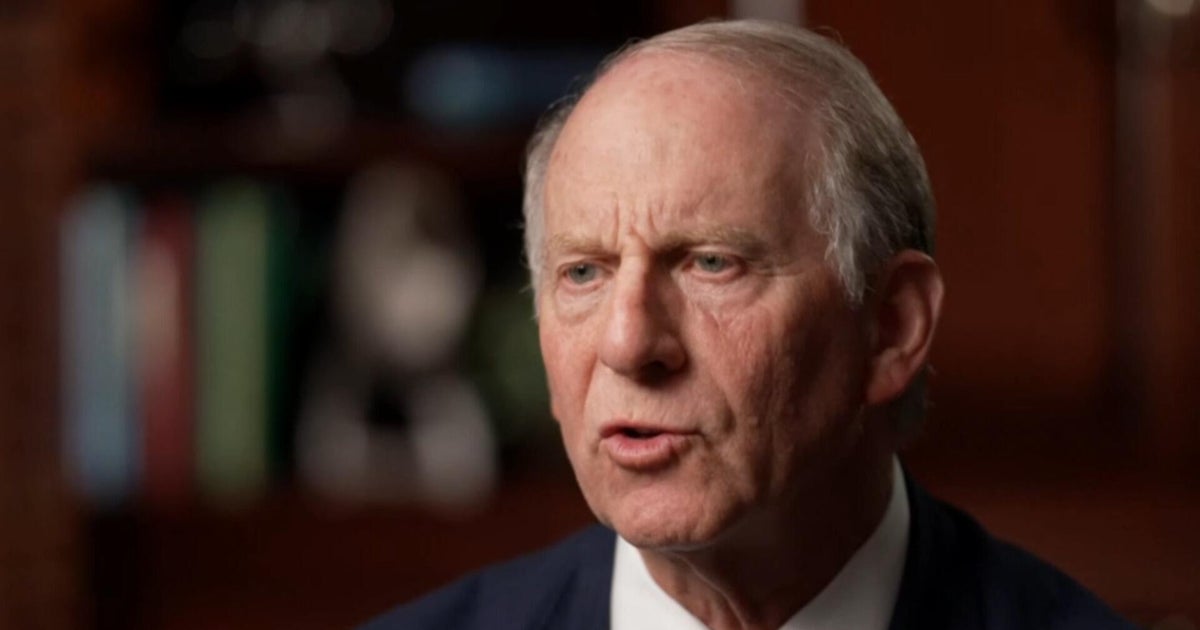In the ongoing conflict in Ukraine, which has now spanned over three years, Russia has managed to seize control of approximately 20% of the eastern part of Ukraine. The situation has garnered international attention and sparked numerous debates about potential resolutions and diplomatic interventions. Ukrainian President Volodymyr Zelenskyy has been vocal about the strategic and national significance of the territories currently under Russian occupancy. He argues that these regions represent an integral part of Ukraine’s sovereign territory, and any negotiations involving land swaps are unacceptable.
This stanch position by President Zelenskyy comes to the forefront as an important meeting is set to take place in Anchorage, where U.S. President Donald Trump will engage in high-level discussions with Russian President Vladimir Putin. The anticipation surrounding this meeting is palpable, given the significant implications it could have for peace and geopolitical stability in the region. The Ukrainian leader has made it clear that the question of territorial compromises should not be on the table during these discussions.
To provide insight into the expectations and diplomatic nuances of this upcoming meeting, John Dickerson, co-anchor of the “CBS Evening News,” conducted an exclusive interview with Richard Haass. Haass is a seasoned diplomat with experience in multiple administrations and a deep understanding of international relations. His perspectives shed light on the complexities of the Ukraine conflict and the delicacies involved in negotiating a possible end to the war.
Throughout the interview, Haass emphasized the importance of approaching the negotiations with a clear framework that respects Ukraine’s territorial integrity and sovereignty. He highlighted that any attempts to solve the conflict through territorial concessions would not only be impractical but could also set a dangerous precedent in international diplomacy. Haass further elaborated that effective diplomacy should aim to restore and uphold international laws and norms which have been violated by the ongoing aggression and occupation.
Haass also pointed out the critical role that the international community, particularly the United States and European Union, plays in supporting Ukraine during these tumultuous times. He mentioned that robust diplomatic support, economic aid, and continued sanctions against Russia could be leveraged to bring about a resolution that adheres to the principles of justice and territorial sovereignty.
Additionally, Haass addressed the potential outcomes of the Trump-Putin meeting. He posited that while the meeting could pave the way for starting substantive conversations, it’s unlikely to produce a breakthrough given the current positions held by both the U.S. and Russia. The success of the meeting, according to Haass, would largely depend on President Trump’s ability to firmly convey Western commitments to Ukraine’s sovereignty and the non-recognition of Russian-held territories as legitimate parts of Russia.
In his analysis, Haass urged that the U.S. administration align its strategies with European allies to maintain a united front that could effectively counter Russian aggression and negotiate terms that favor Ukrainian sovereignty. The coordination among Western allies is crucial in applying pressure on Russia to adhere to international norms and reconsider its position on the annexation of Ukrainian territory.
As the meeting in Anchorage approaches, the world watches intently to see how the dynamics between Presidents Trump and Putin unfold, and whether their discussion can contribute to a peaceful resolution or further complicate the already volatile situation in Eastern Europe. The stakes are high, and the outcomes of this high-level diplomacy will likely have far-reaching implications, not only for Ukraine and Russia but for the entire international community.
In summary, the CBS interview with Richard Haass provided a thorough preview of the strategic and diplomatic considerations surrounding the Trump-Putin meeting in Anchorage. As leaders prepare to discuss the critical issue of the Ukrainian conflict, the insights from experienced diplomats like Haass are invaluable in understanding the potential paths forward and the challenges that lie ahead in achieving lasting peace in the region.









